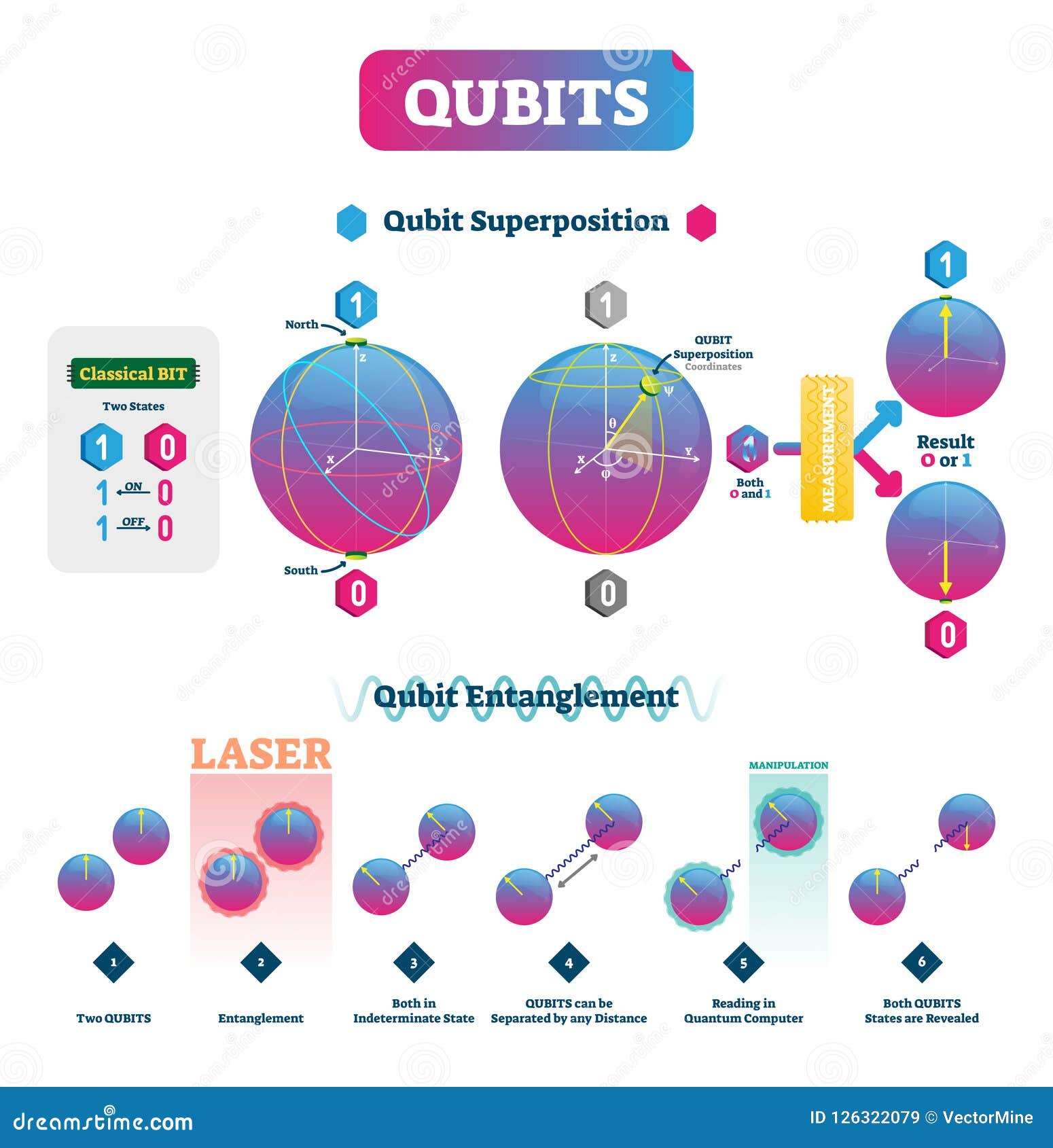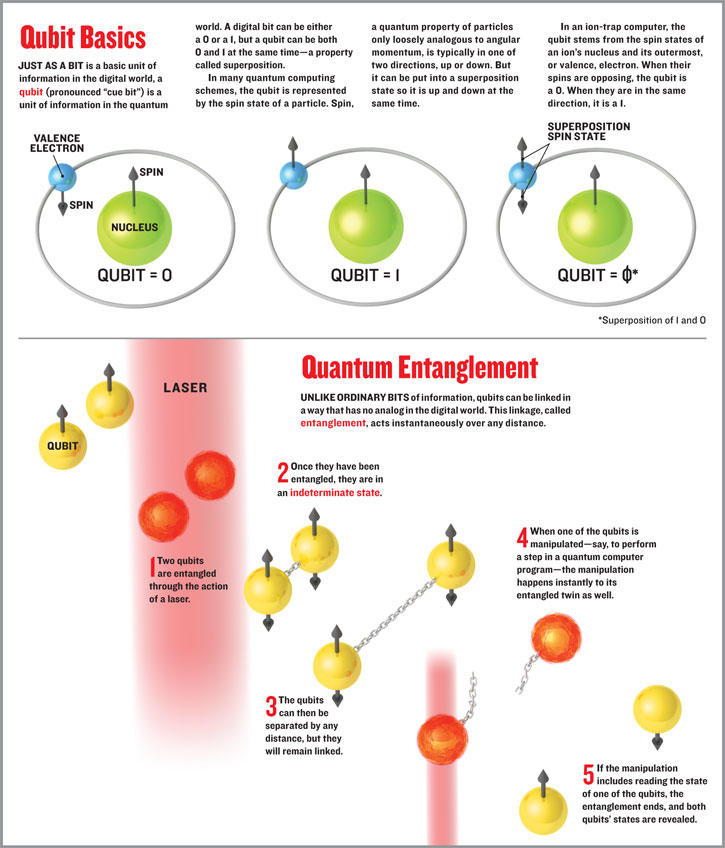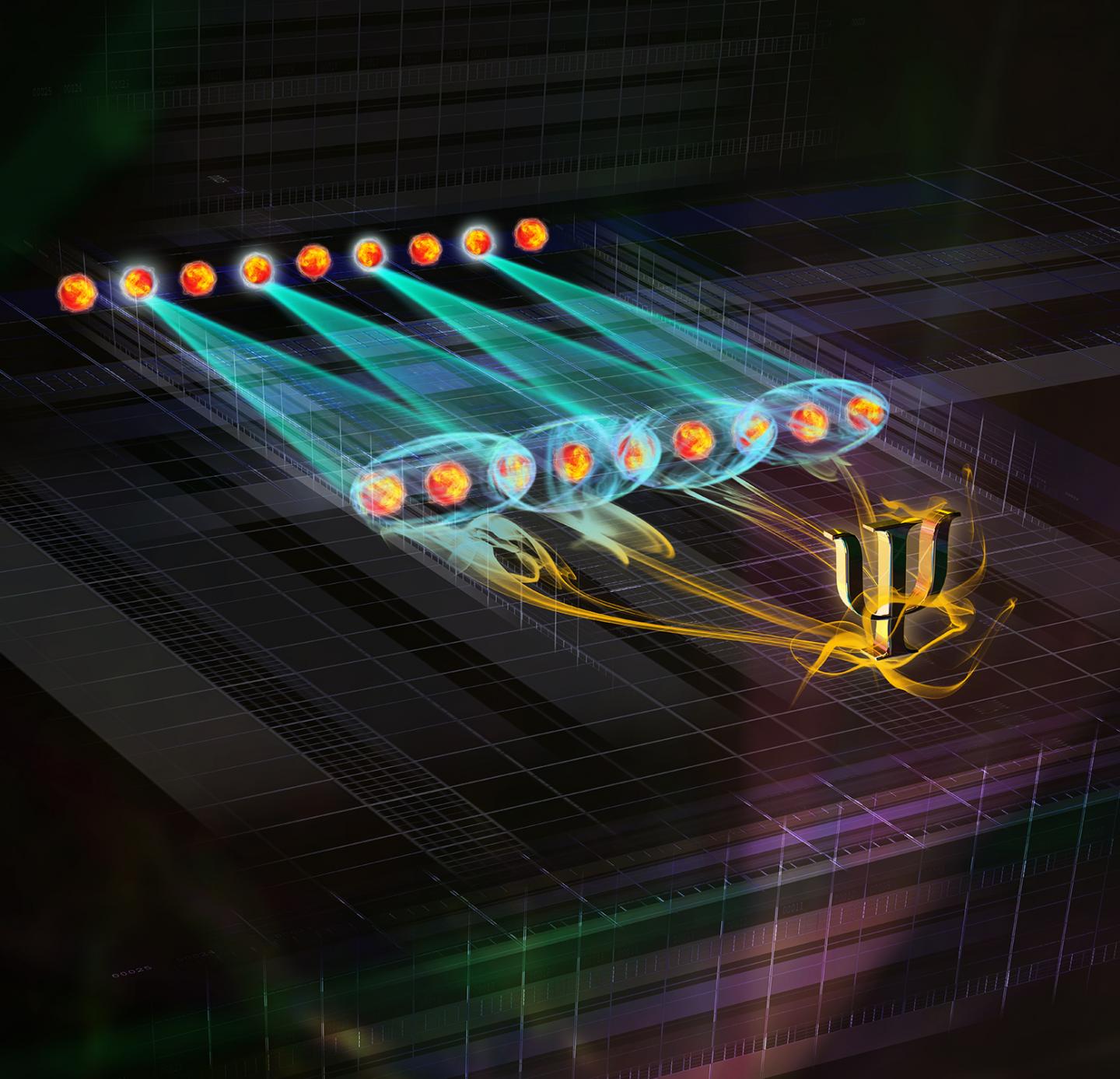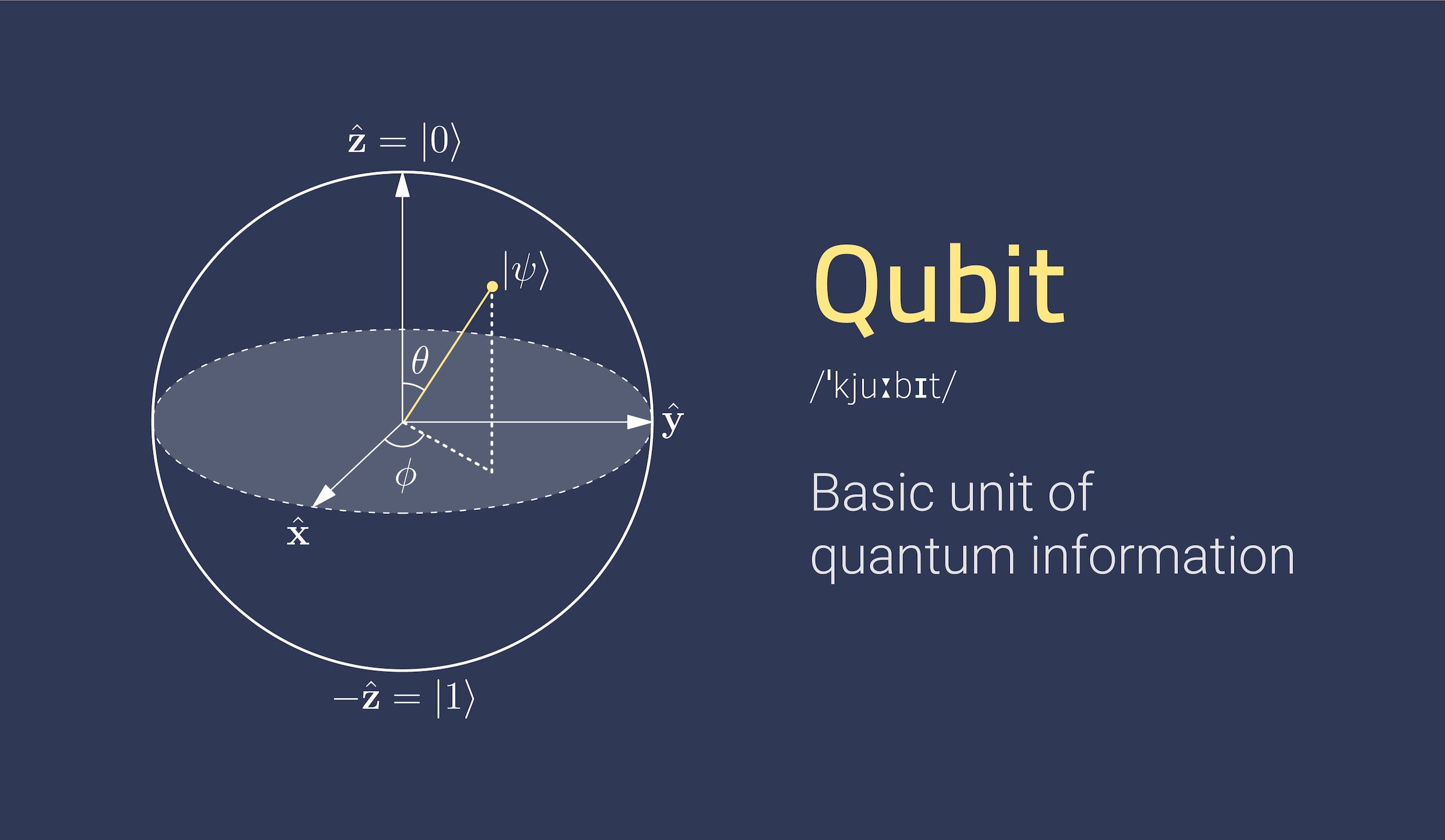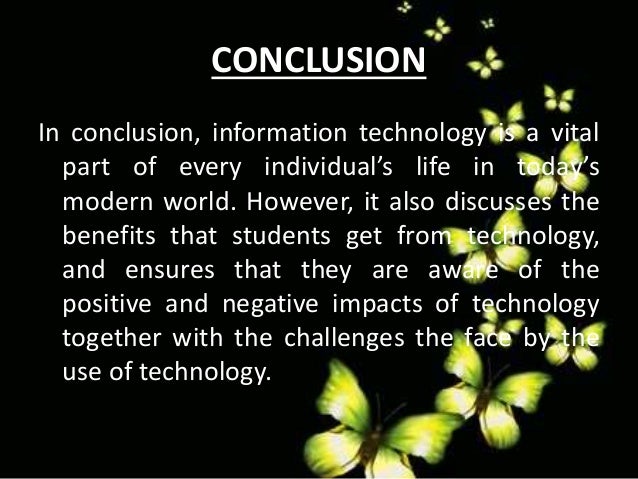Quantum Information Technology Presentation
| Introduction to Quantum Information Technology | ||
|---|---|---|
| Quantum information technology is a rapidly evolving field that combines principles from quantum mechanics and information theory. It aims to harness the unique properties of quantum systems to revolutionize computation, communication, and cryptography. Quantum information technology holds the promise of exponentially faster computation and unbreakable encryption. | ||
| 1 | ||
| Quantum Computing | ||
|---|---|---|
| Quantum computing leverages quantum bits, or qubits, which can exist in multiple states simultaneously, known as superposition. Superposition enables quantum computers to perform parallel computations, leading to exponential speed-ups for certain problems. Quantum algorithms, such as Shor's algorithm for factoring large numbers, have the potential to break current encryption methods. | ||
| 2 | ||
| Quantum Communication | ||
|---|---|---|
| Quantum communication uses quantum properties, such as entanglement and superposition, to enable secure and efficient information transfer. Quantum key distribution (QKD) allows for the secure exchange of cryptographic keys, as any eavesdropping attempts would be detectable. Quantum teleportation allows for the transfer of quantum states between distant qubits, enabling long-distance quantum communication. | ||
| 3 | ||
| Quantum Cryptography | ||
|---|---|---|
| Quantum cryptography utilizes the principles of quantum mechanics to provide provably secure encryption methods. Quantum key distribution (QKD) ensures the secure exchange of cryptographic keys, immune to eavesdropping attacks. Post-quantum cryptography focuses on developing encryption algorithms resistant to quantum attacks, ensuring long-term security. | ||
| 4 | ||
| Quantum Sensing and Metrology | ||
|---|---|---|
| Quantum sensing utilizes quantum properties to achieve highly precise measurements beyond classical limits. Quantum metrology enables accurate measurements of physical quantities, such as time, frequency, and magnetic fields. Applications of quantum sensing and metrology include GPS-free navigation, gravitational wave detection, and medical imaging. | ||
| 5 | ||
| Quantum Simulations | ||
|---|---|---|
| Quantum simulators simulate complex quantum systems that are challenging to study using classical computers. Simulating quantum systems can provide insights into fundamental physics, material properties, and chemical reactions. Quantum simulations have the potential to accelerate the discovery of new drugs, optimize energy systems, and revolutionize materials science. | ||
| 6 | ||
| Challenges and Future Directions | ||
|---|---|---|
| Scalability: Scaling up quantum systems to a large number of qubits while maintaining low error rates remains a significant challenge. Error Correction: Developing efficient error-correction codes to protect quantum information from decoherence and noise is crucial. Integration: Integrating quantum systems with existing classical technologies and developing hybrid systems is essential for practical applications. | ||
| 7 | ||
| Conclusion | ||
|---|---|---|
| Quantum information technology holds immense potential to revolutionize computation, communication, and cryptography. Ongoing research and development efforts are addressing the challenges and paving the way for practical quantum technologies. The future of quantum information technology is promising, with the potential to transform various industries and solve complex problems. | ||
| 8 | ||

